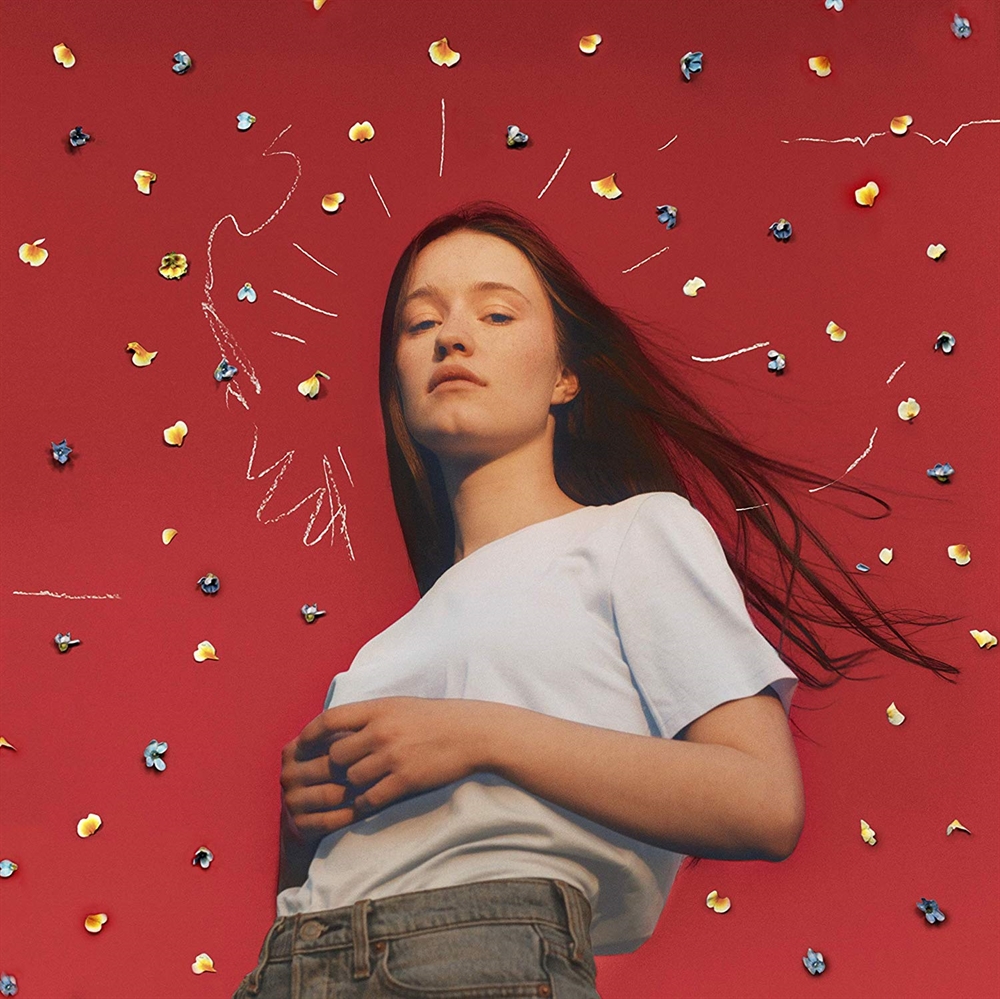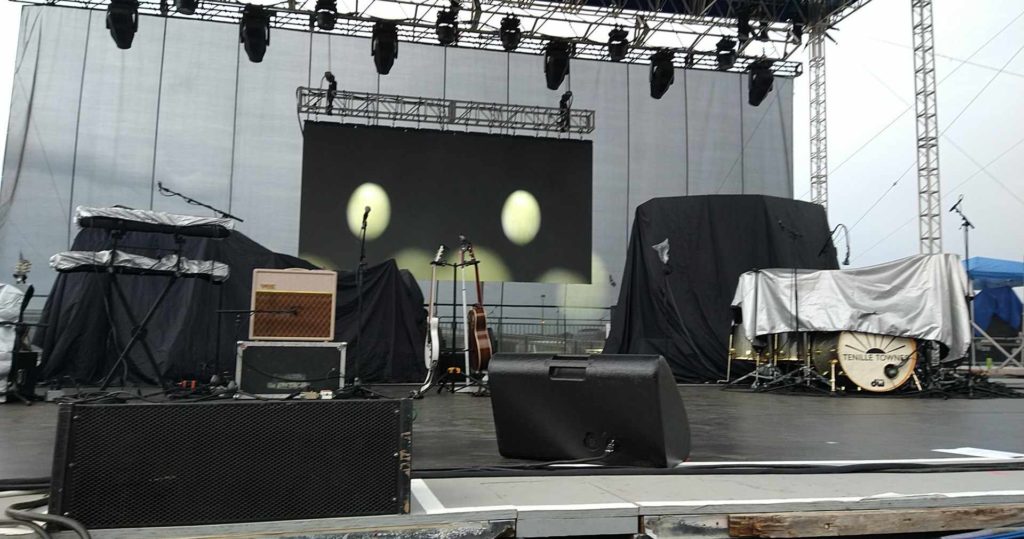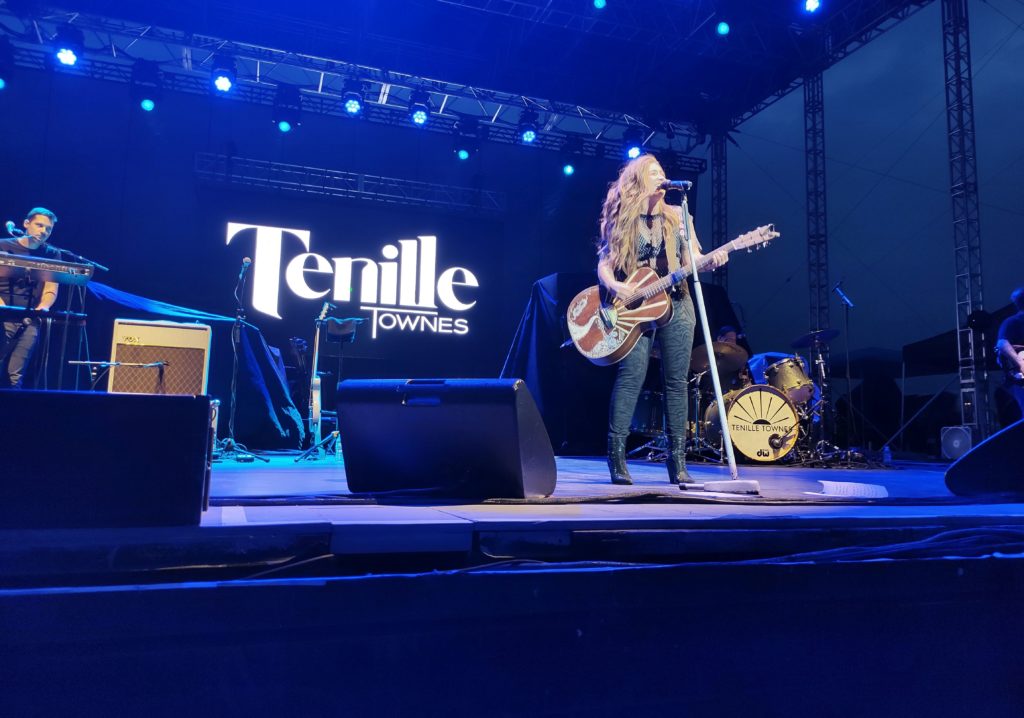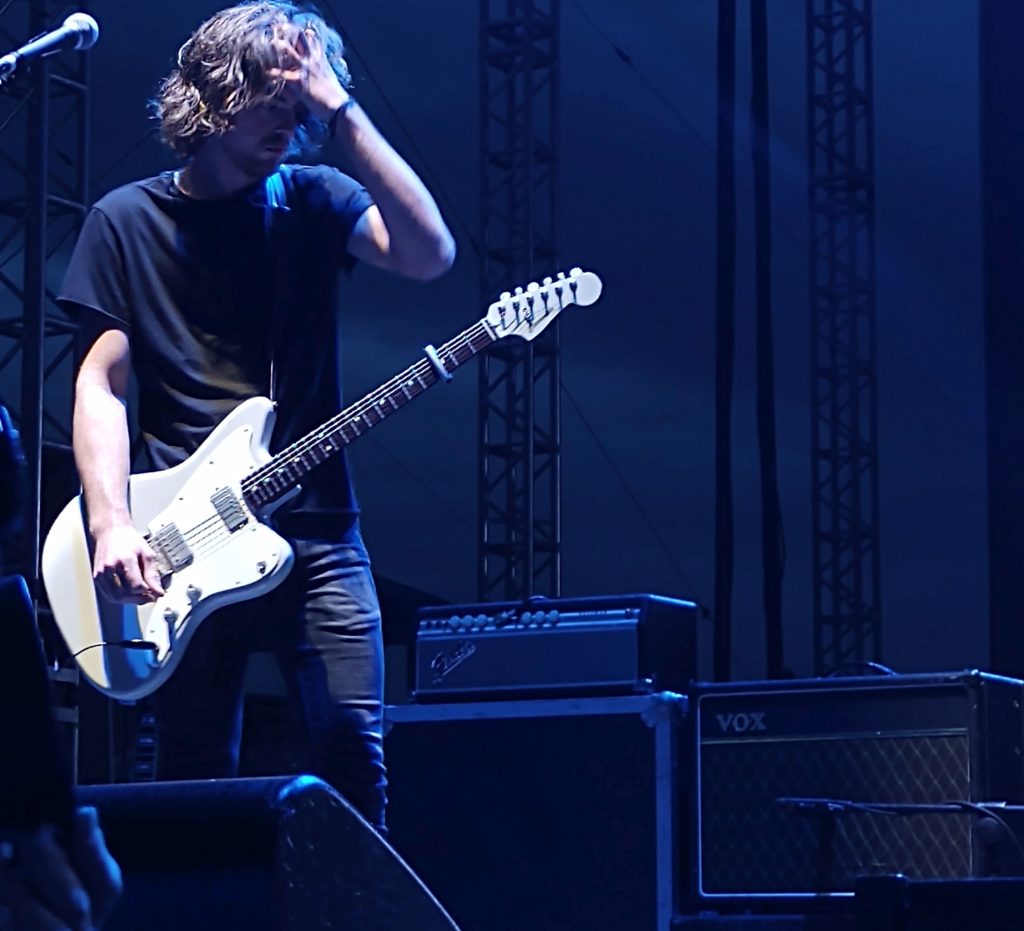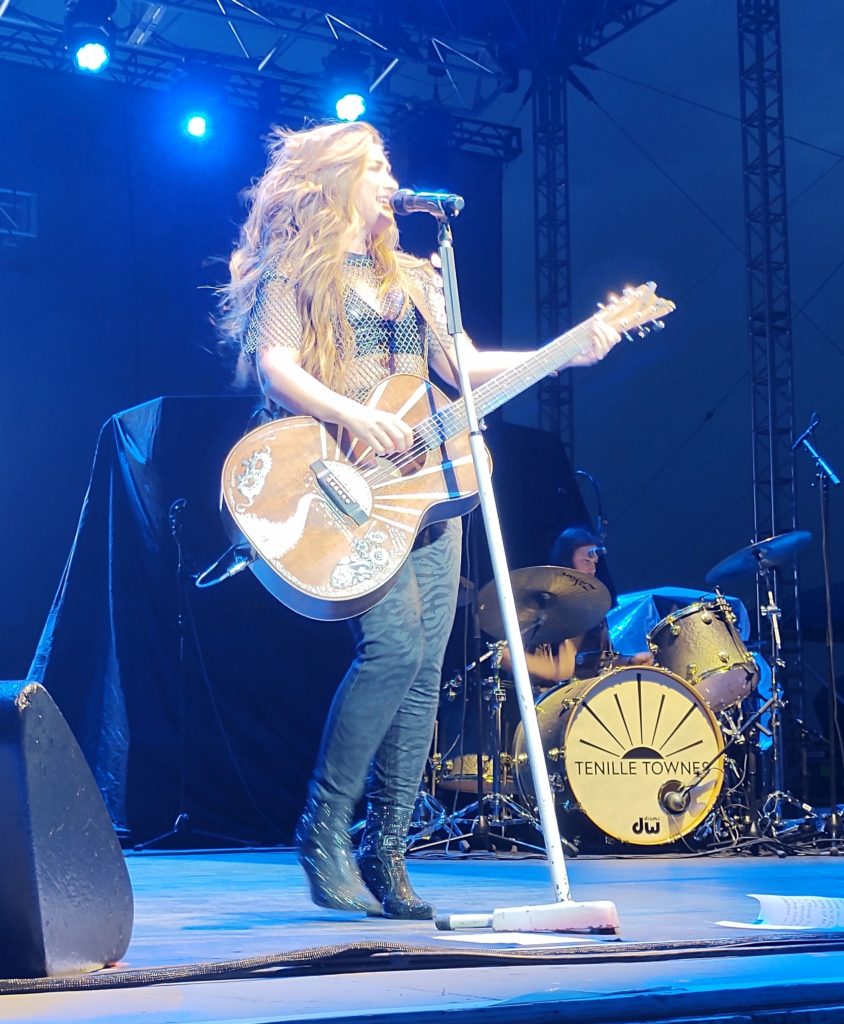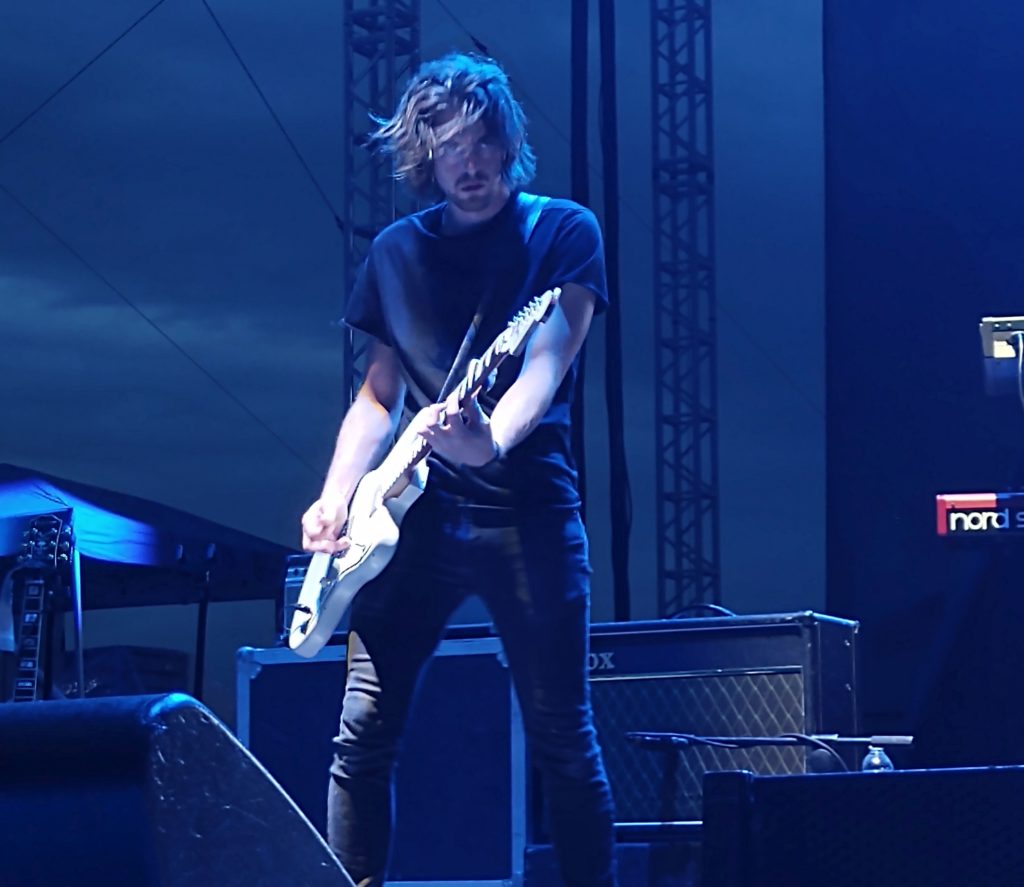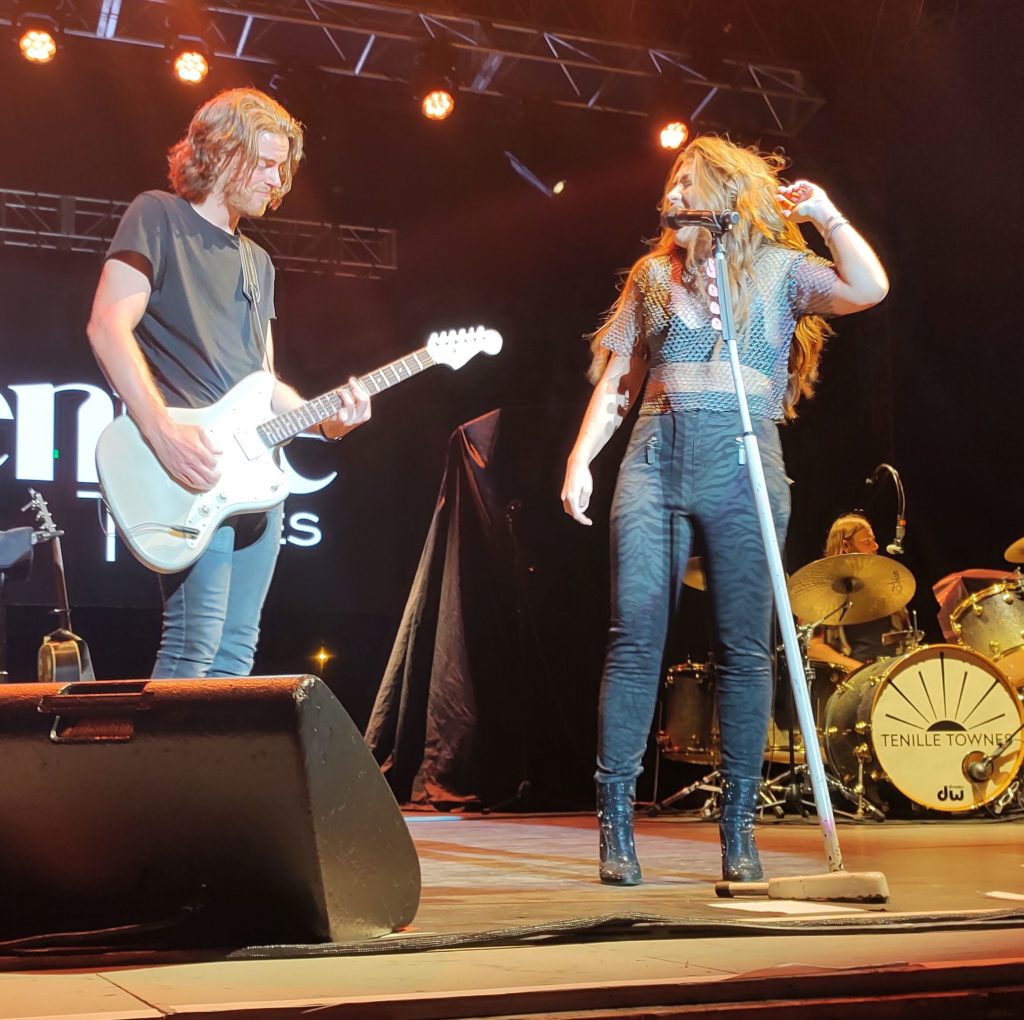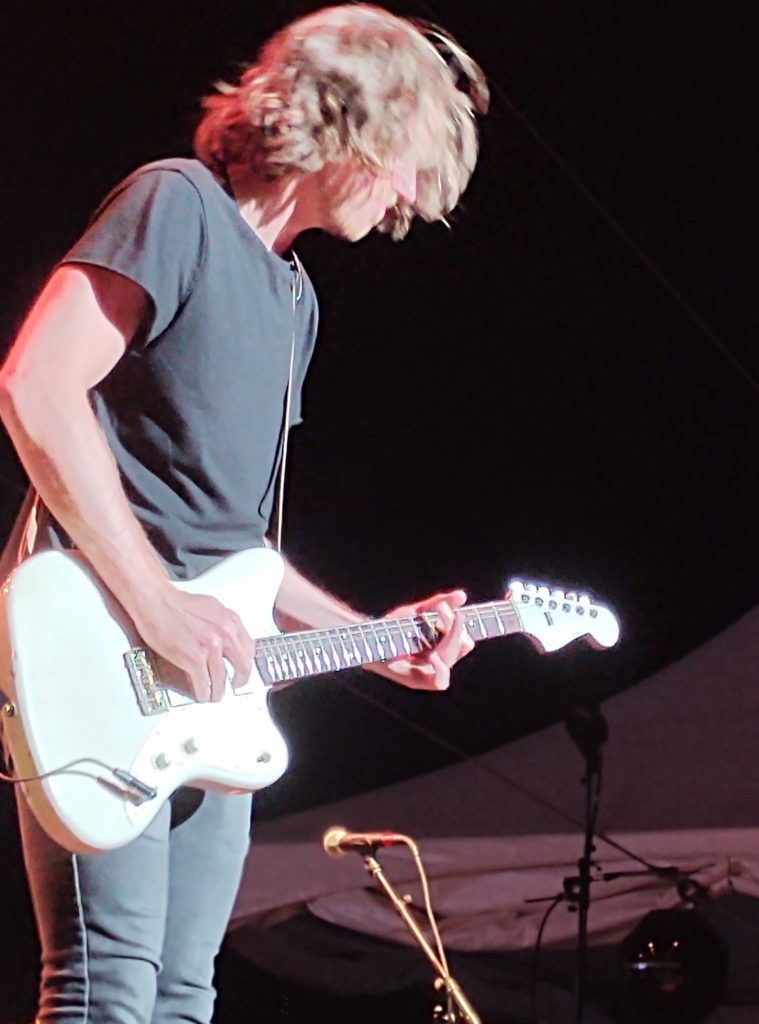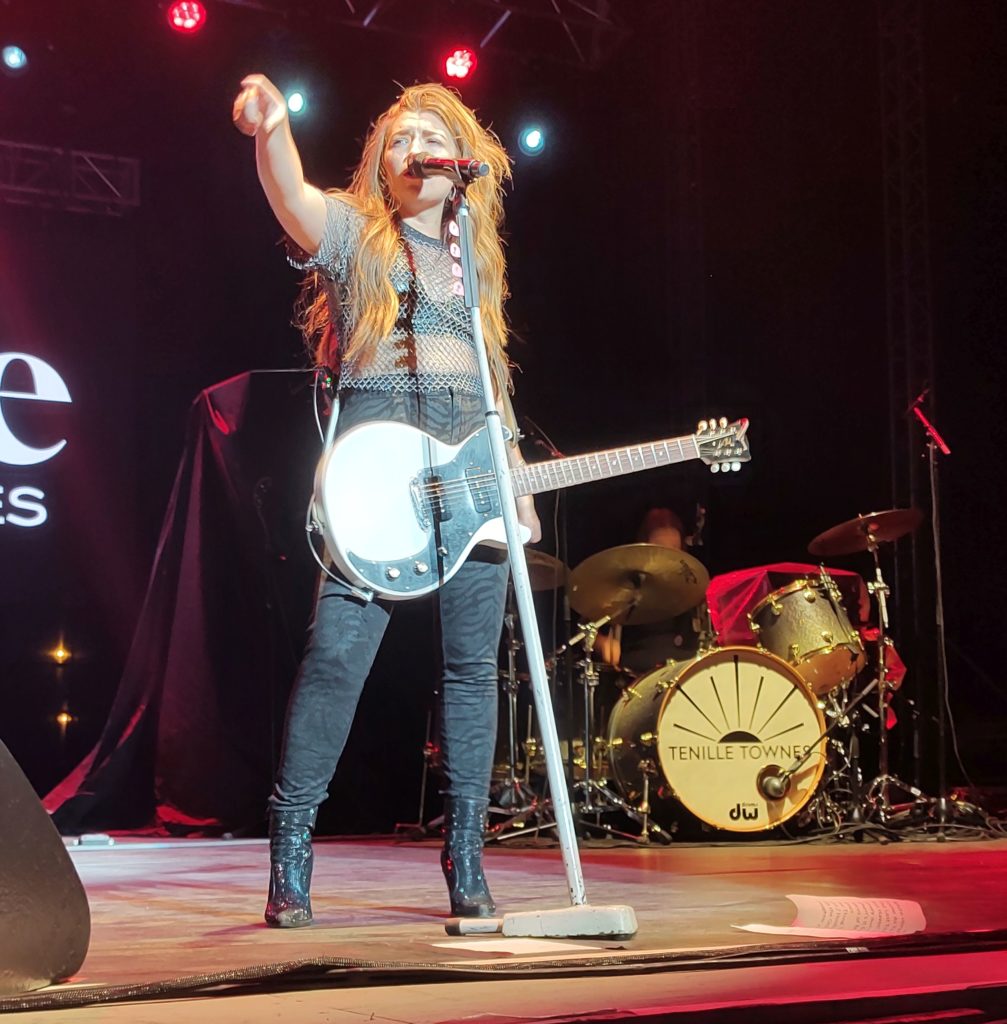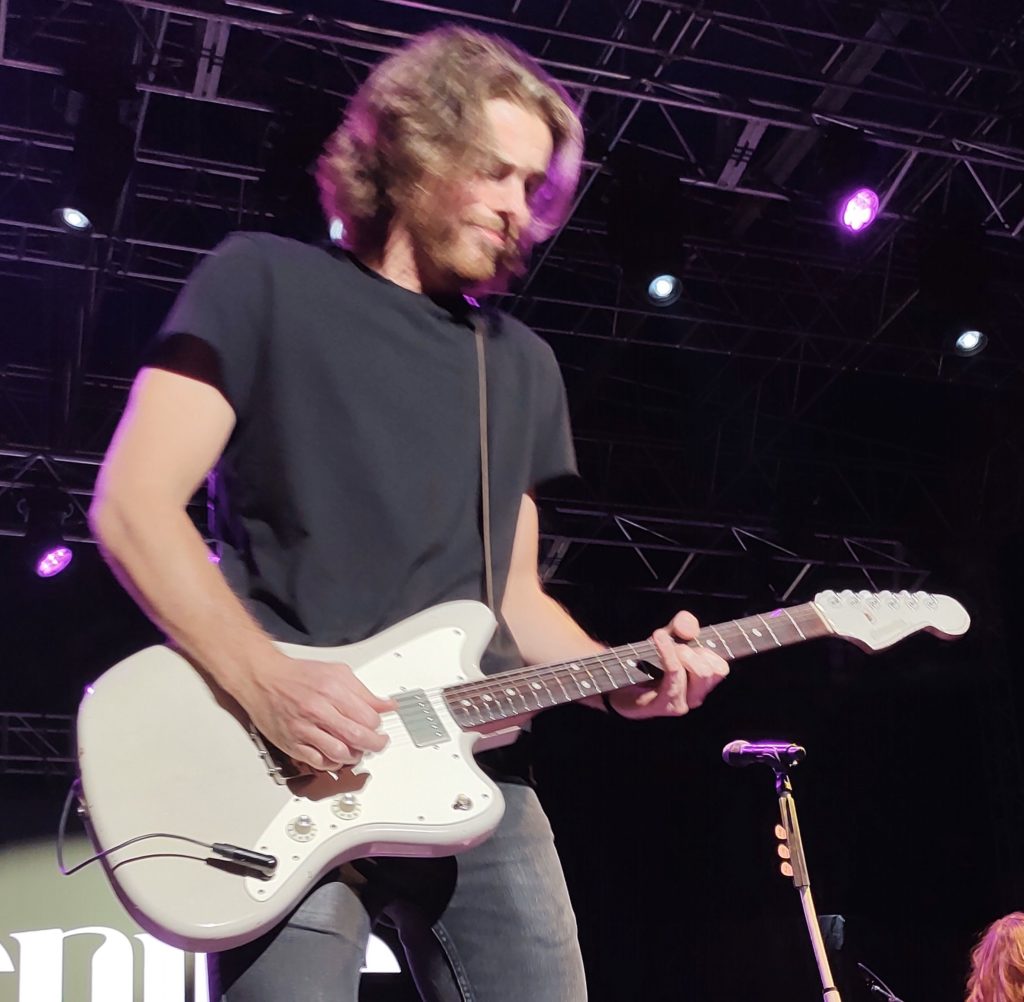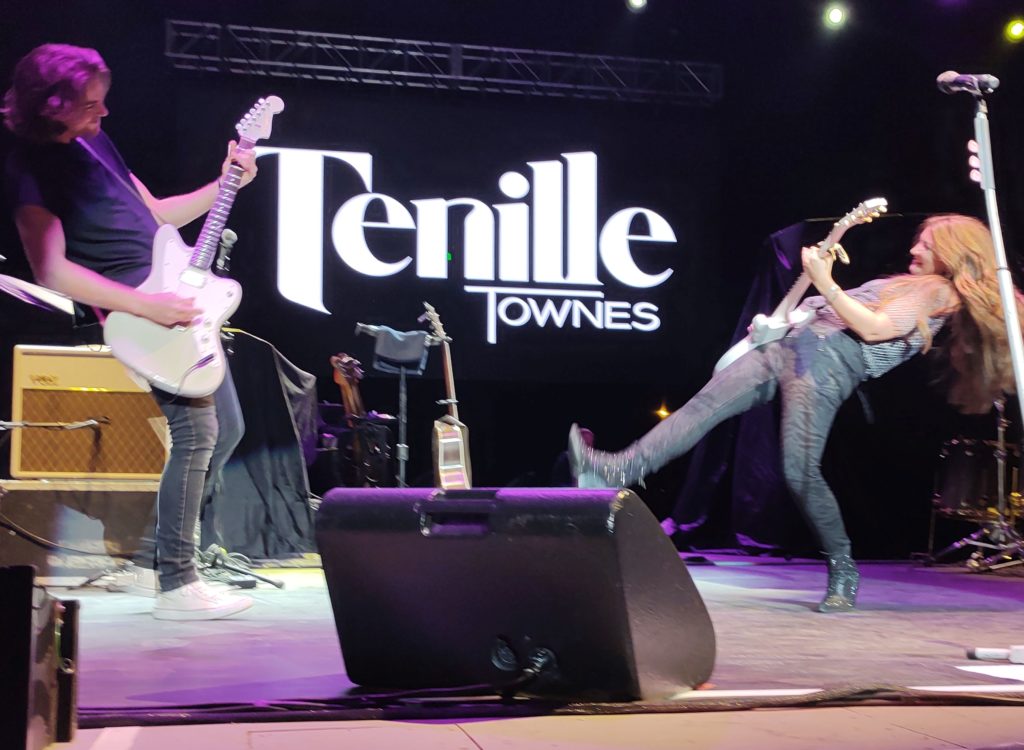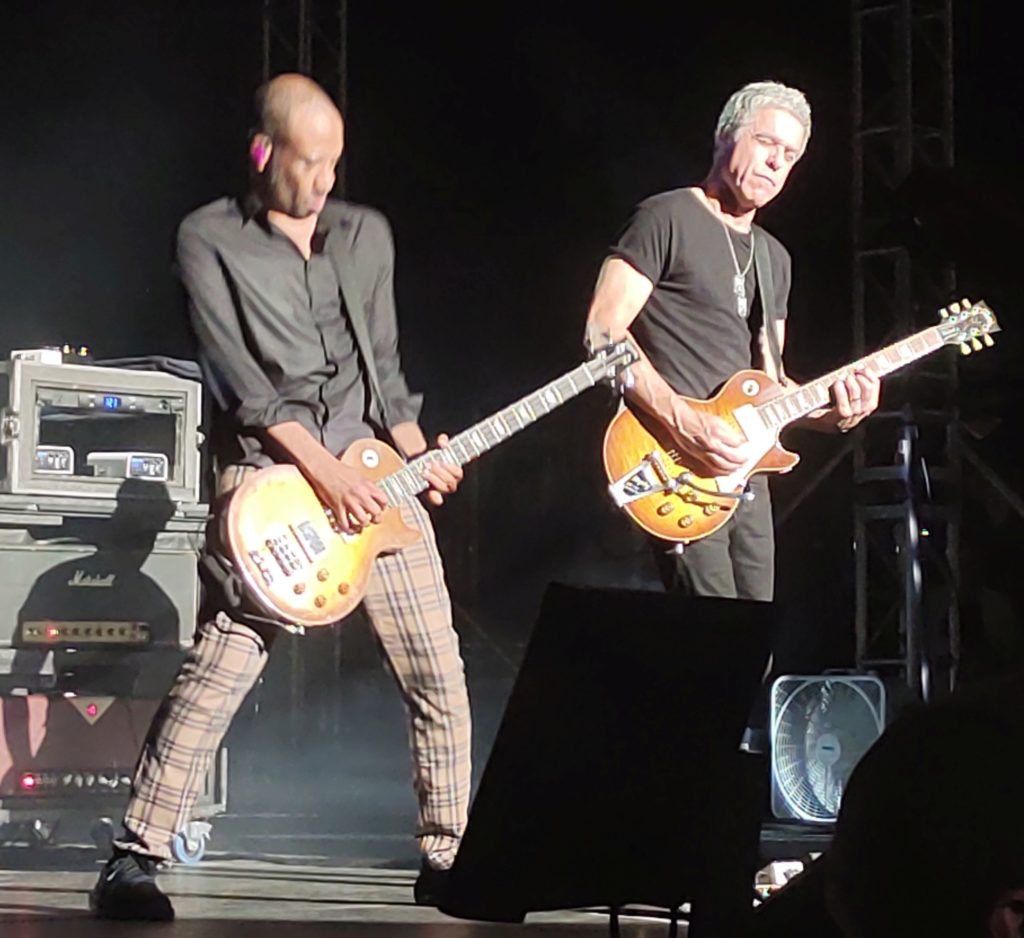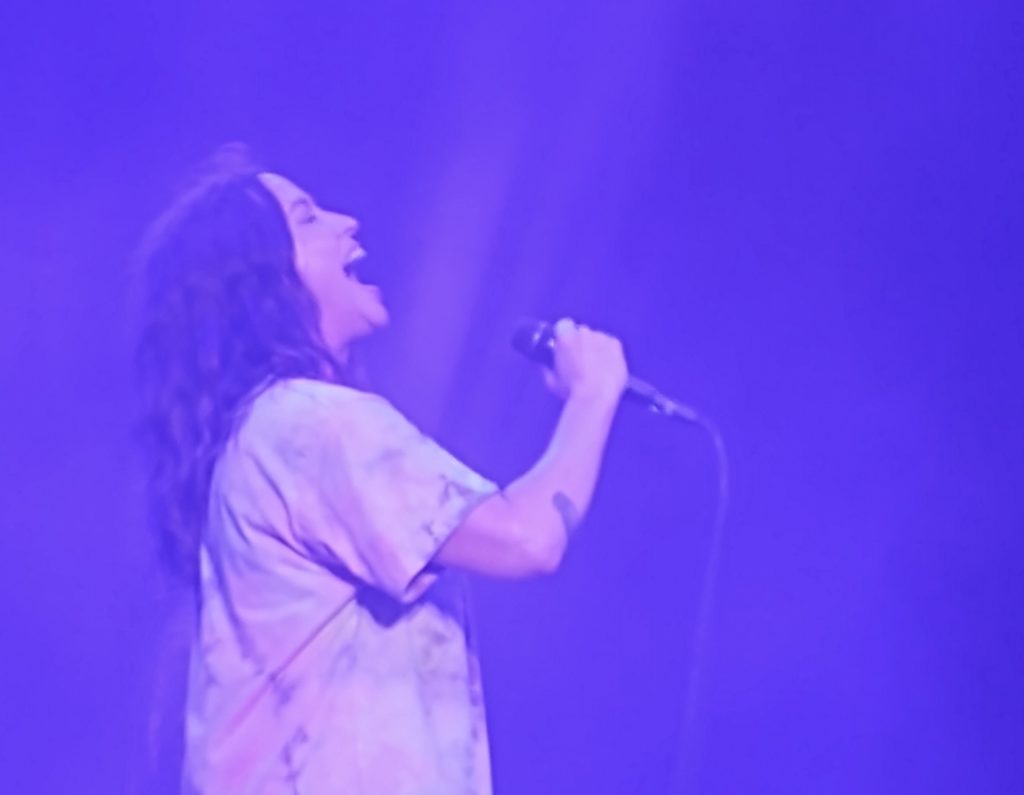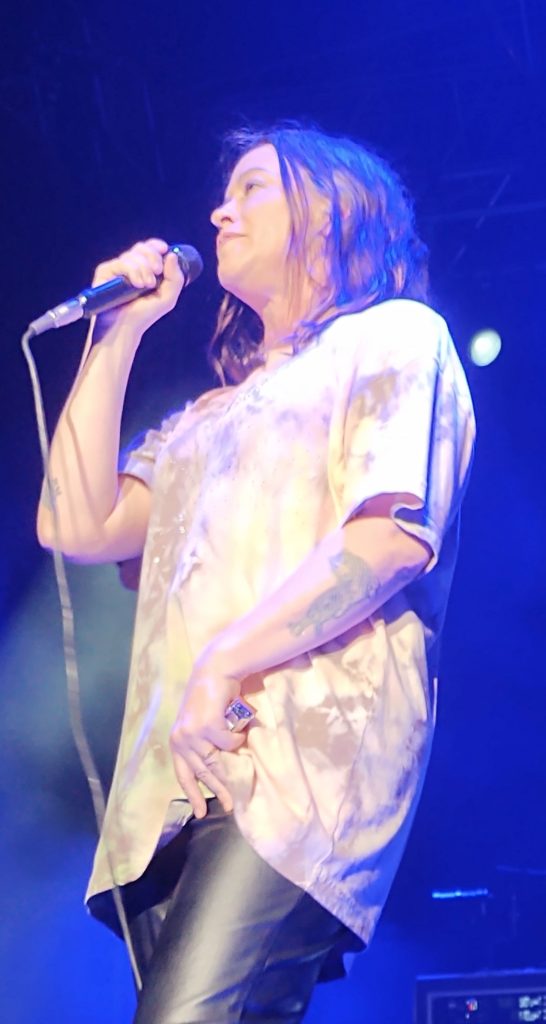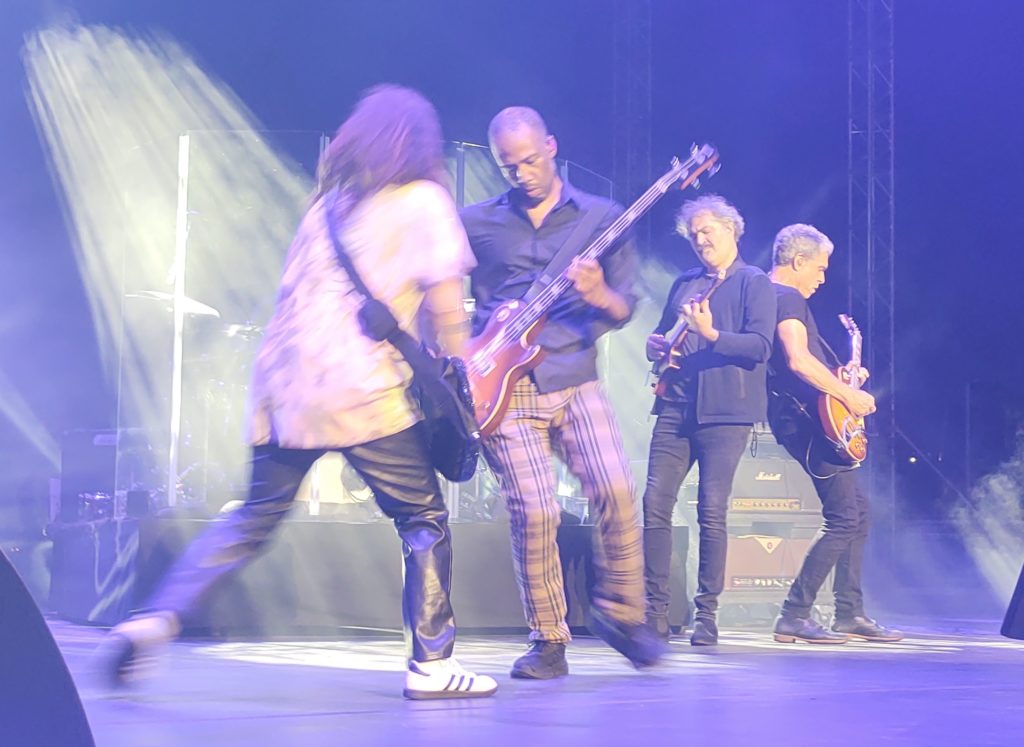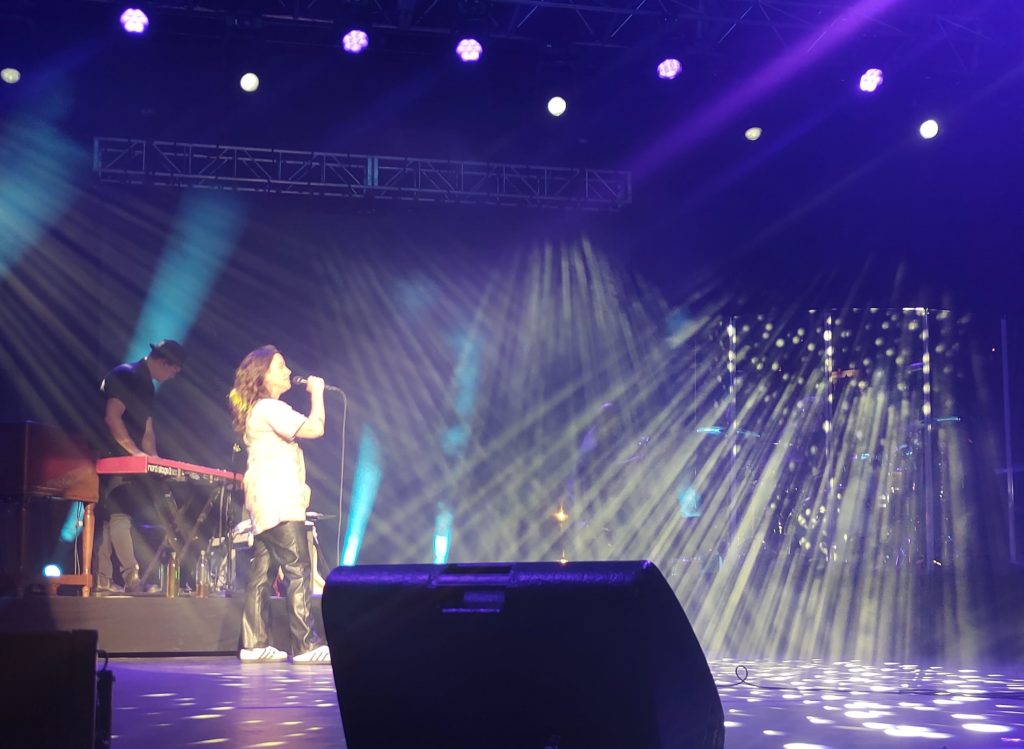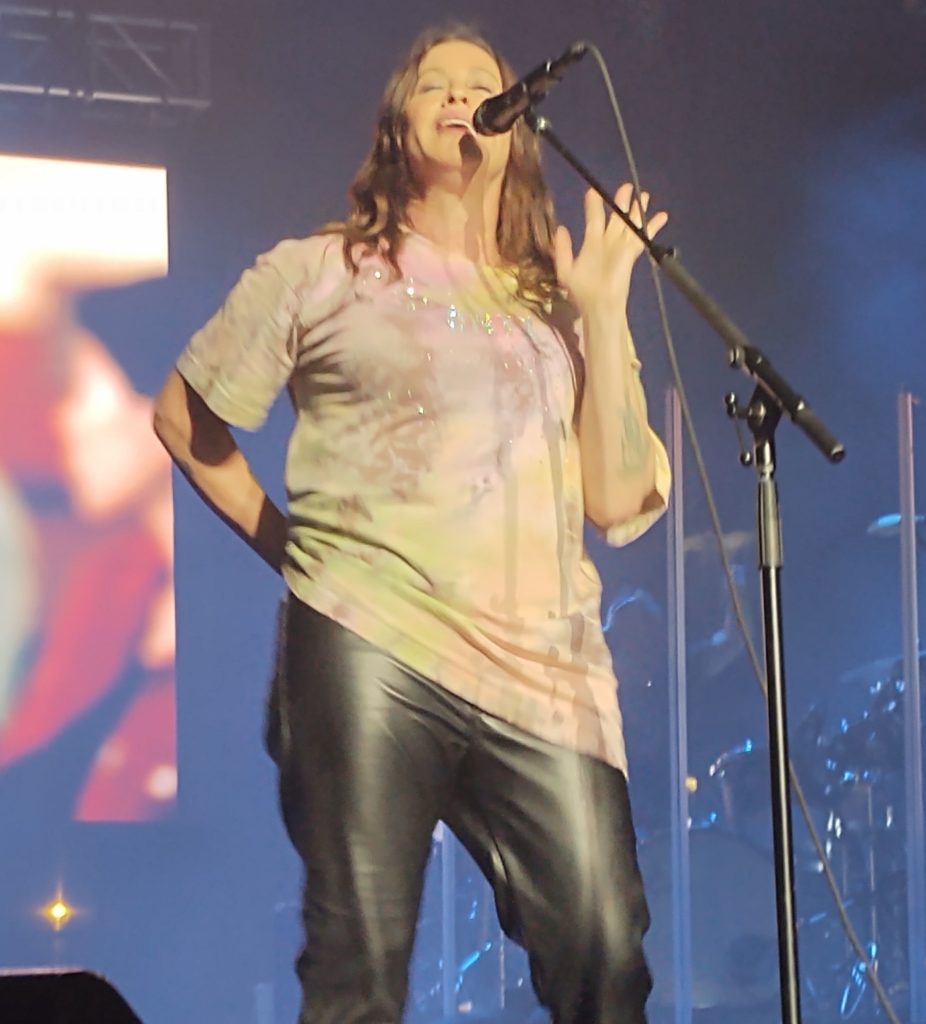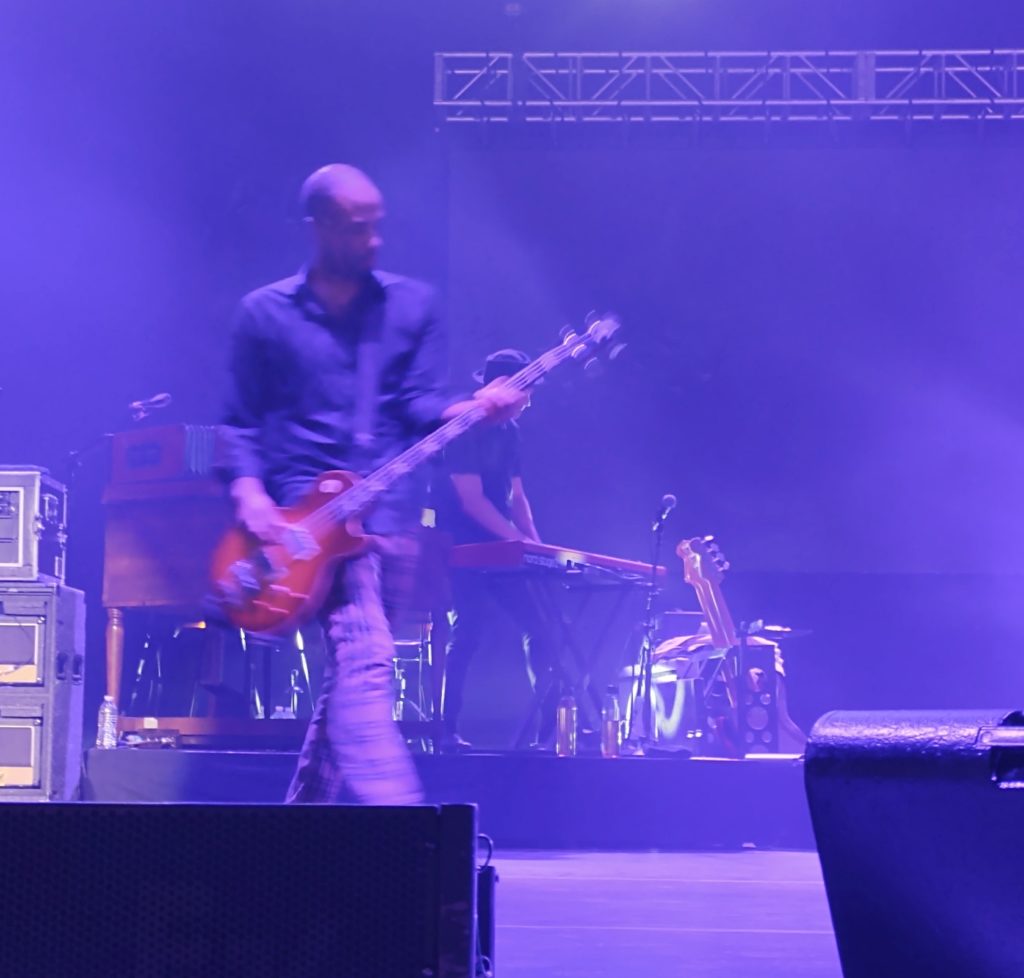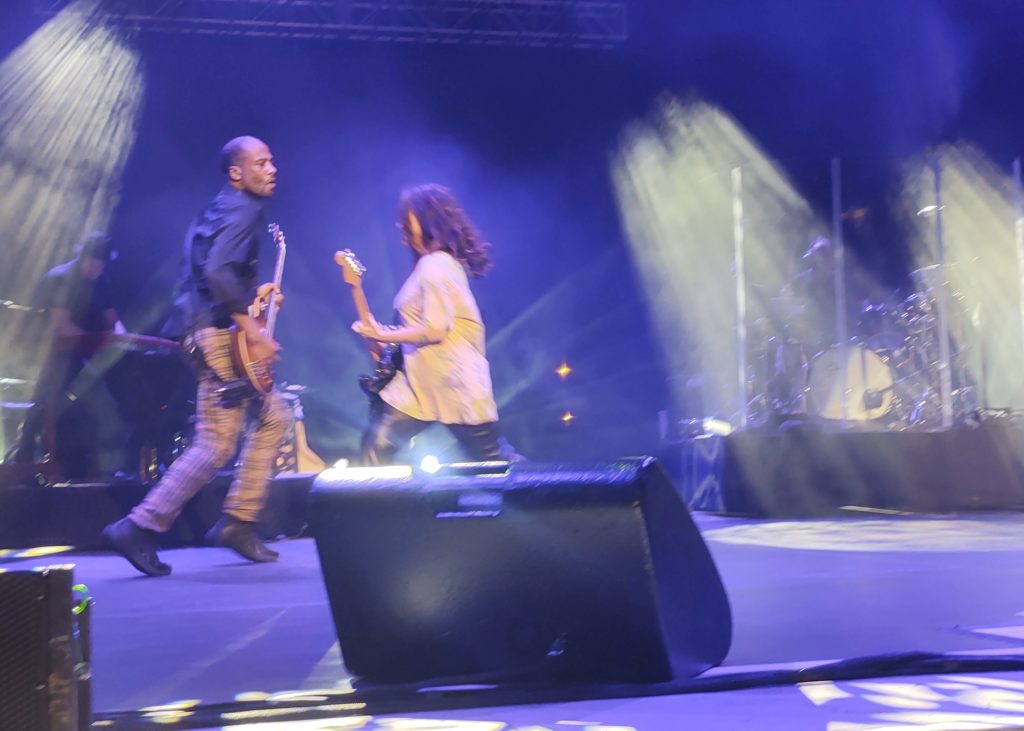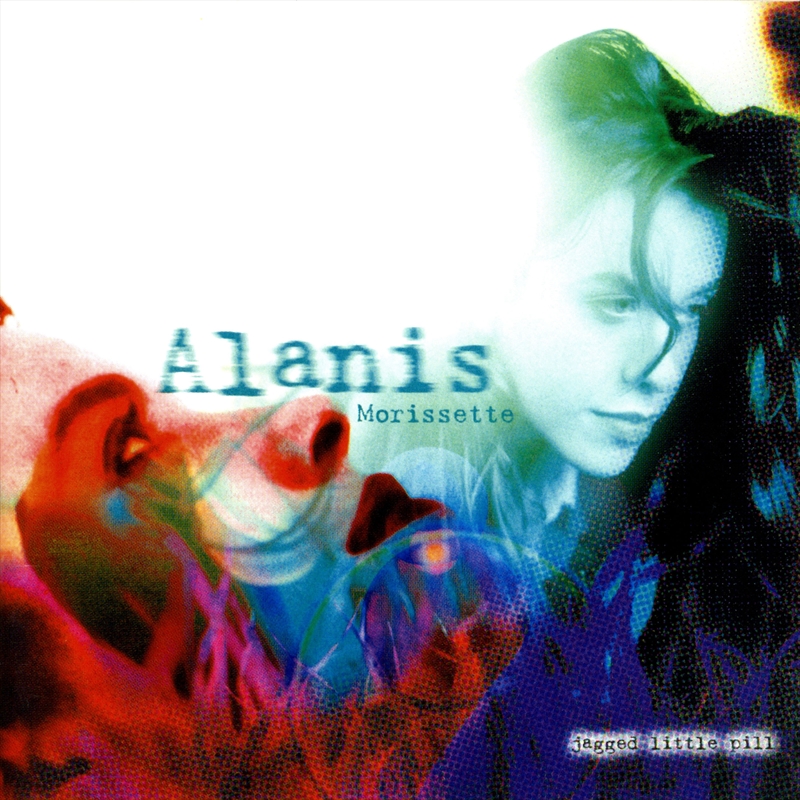Sigrid – Sucker Punch
It’s possible, that at some point, I am legally required to talk about this album (not really). I don’t listen to a ton of Sigrid currently, though I have not moved on or anything, there is just so much other I want to listen to. I also probably burned myself out on Sigrid listening to her TOO MUCH. Her album, Sucker Punch still has a special place. I’ve always been into music, but I’ve never really been, ACTIVELY into music. I’m not any level of “hardcore” or anything, but there was kind of a perfect storm moment around me discovering Sigrid that lead to me being more active in music communities and actually caring about music on a slightly higher level than I had previously.
There probably isn’t anything particularly special about this album, like I said, it just got caught up in the perfect storm moment. That isn’t to say it isn’t a good album, I actually really really like this album. Checking my YouTube History, it looks like I first listened to Sigrid, and the song Sucker Punch on November 18th, 2018, though I didn’t listen to it again until February of the next year. Something inspired that though because my YouTube history says I specifically searched for it. Anyway, the history shows I watched some Selena Gomez, Taylor Swift, and Kiesza videos, then right before Sucker Punch, 5 Seconds of Summer – Youngblood (Alt Version), for some reason, and then Sucker Punch, which was likely a recommended video.
Sometimes through 2019, I started listening to Sigrid a lot. Also through YouTube, there was one of those banners, “Tickets in your area.” I didn’t really do a lot of concerts then but clicked through on a whim. The tickets were cheap, super cheap. I bought some, immediately. At some point, I also joined the fan Discord server. There was a fun active community there, most of whom migrated to the new official Discord earlier this year. This was also the start of actively seeking out Discord servers for communities of artists I like, though the only others I ever really participated in actively were CHVRCHES and Aurora’s servers.
I think what drew me in was how, weirdly simple the video was, and how slightly weird it was. It’s just Sigrid dancing around in a kind of cocky way, despite not really looking like someone who would BE cocky. Then there’s that fun montage of clips at the end, with some anime clips and like, she’s in a grocery store throwing food on the floor. WHY DOES SHE HATE THOSE TACOS??? Why is that marching band so sinister???
It also has some really slick editing on some of its transitions, which is really appealing to me.
And that point at the end where the music drops out. Excellent.
But there’s a whole album of songs here, just because the album and the first song I listened to from Sigrid bear the same name.
Mine Right Now is the second track of the album. I really love the running retro-sounding underlaying track on this one. It’s also a fun song suggesting that even if a relationship doesn’t work out, at least it’s good “now”. It also has an incredibly amusing video.
The third track, Basic, is my favorite released track and second favorite track of Sigrid’s overall. It’s even better in the live version (almost all music in general is). A lot of Sigrid’s tracks have to do with relationships, either friendships or possibly romantic, and Basic is one of those. The idea is that you just want something authentic and basic, without drama, with its simple wailing vocals. Like Sucker Punch, it features a fun interlude moment as well, on the album version it basically becomes acoustic, on the live version it becomes a cappella.
(Side note, my favorite Sigrid song is Go To War, but I’ll probably bring that one up in a future post).
Another really good one (aren’t they all?) is Strangers, at slot number 4. This was also the second single released from the album. It also has an amusing and surreal video to go along with it, where Sigrid gets to dance around in her own sort of special way in a sort of open movie set. It’s kind of reminiscent of the idea of the song, which is almost the opposite of Basic, … Strangers, perfect pretenders, falling head over heels…. That sort of thing.
The first single for the album was track 9, and I believe it was her first “big hit” track in general, with Don’t Kill My Vibe. A fast-paced, pump-you-up anthem about keeping others from bringing you down.
In the interest of a bit of brevity, I wanted to sort of group the other tracks together a bit. They are all good, some I didn’t like as much initially, but they have grown on me over time, like Level Up, In Vain, and Business Dinners.
It’s probably also worth bringing up Dynamite. Sigrid has several “low-key” sort of songs, and Dynamite is one of those. It’s a good track, I just have never super been able to get into it. I think part of what I like about Sigrid is how carefree and upbeat most of her music is, and Dynamite, while a good song, is just such a different tone, I can never feel the vibe.
Anyway, this is one I’ve been meaning to write up on for a while. And so it’s done. I’m sure at some point I’ll get to Sigrid’s second album How to Let Go, and I’ll probably do a combined write-up on her two previous EP releases. I also want to do a write-up for the “missing album”. Sigrid has a large number of unreleased older tracks. They don’t exist anywhere except live show performances. Enough to fill a whole album. It would be worth doing a write-up of these I think, as it it were an album. (Go to War is one of these tracks.)
Josh Miller aka “Ramen Junkie”. I write about my various hobbies here. Mostly coding, photography, and music. Sometimes I just write about life in general. I also post sometimes about toy collecting and video games at Lameazoid.com.
